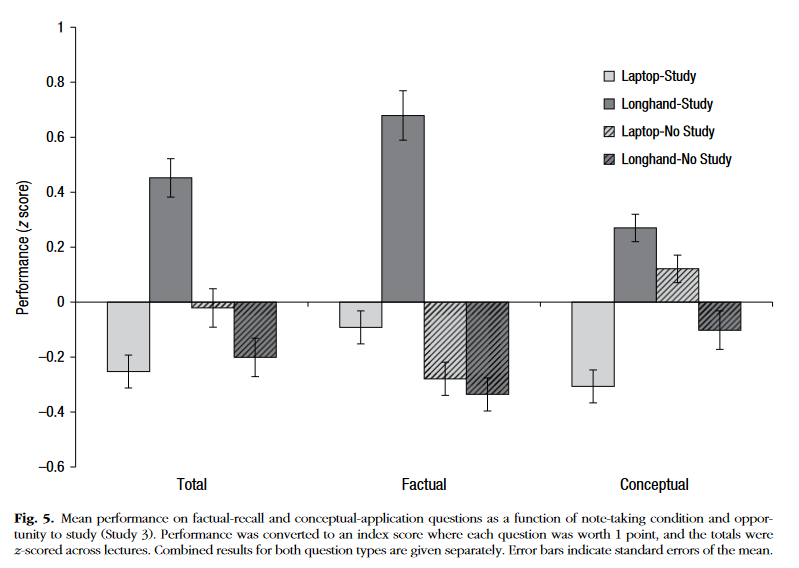
In an era defined by digitalization and rapid technological advancements, note-taking is undergoing significant changes. AI note-takers, a concept previously found only in science fiction, are now a reality.
Traditional note-taking methods, handwritten or typed, have been a staple of education, business and personal organization for centuries. However, they often come with limitations such as transcription errors, limited accessibility for those with disabilities and the time-consuming nature of manual note-taking.
There is a long list of new AI note-takers: Otter, Notta, Tanna and Fireflies AI to name a few. These AI note-takers are designed to take audio input and convert it into organized, digital notes in real time. These tools provide a transcript, summary and analysis.
Other AI note-takers are focused more on reorganizing information, like Genei, or helping generate ideas, like Chat GPT.

“You’re limited to the input sensors it has,” BYU computer science professor Jacob Crandall said. “Professor(s) will write what’s important on the board, but the AI can’t see that.”
AI note-takers are designed to sort through and organize information. This organizational format does not always prioritize what a professor would. Similarly, these notes would be missing any graphics from slides or drawings on the whiteboard.
Still, as students look for ways to study more efficiently and save time, this tool has some appeal.
“I would consider using it. Sounds nice to be able to just listen and not have to worry about taking notes. It would allow me to listen fully and then help with the learning,” BYU student Brooklyn Wright said.
AI note-takers could also support students with learning accommodations, as noted by BYU student Hayden Riley.
“I’d use it, I think it would be really helpful for those with accommodations that utilize note takers, because I’ve heard from some that they’ll have a solid note taker in one class but a not so great one in another,” Riley said.
AI — just like a person — has bias. If everyone uses AI note-takers, information is suddenly presented from a singular perspective, Crandall explained. While this might make the information more consistent, it could take a toll on the diversity of perspectives, he said.




